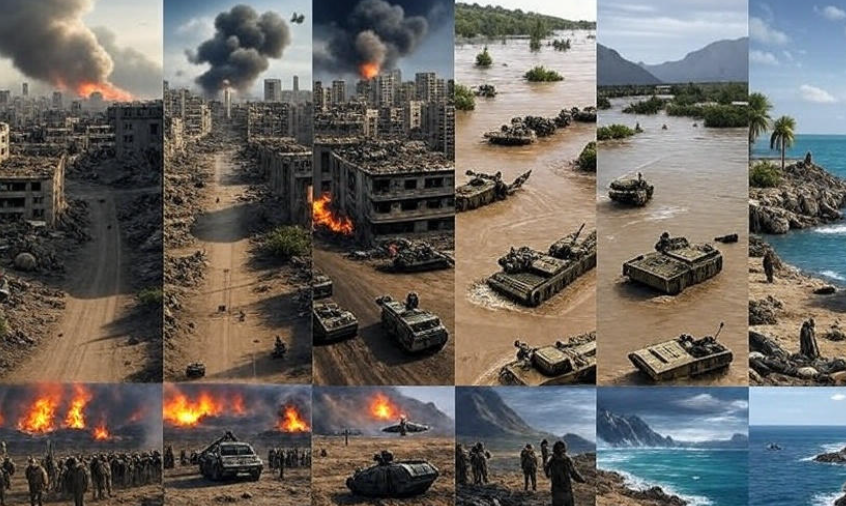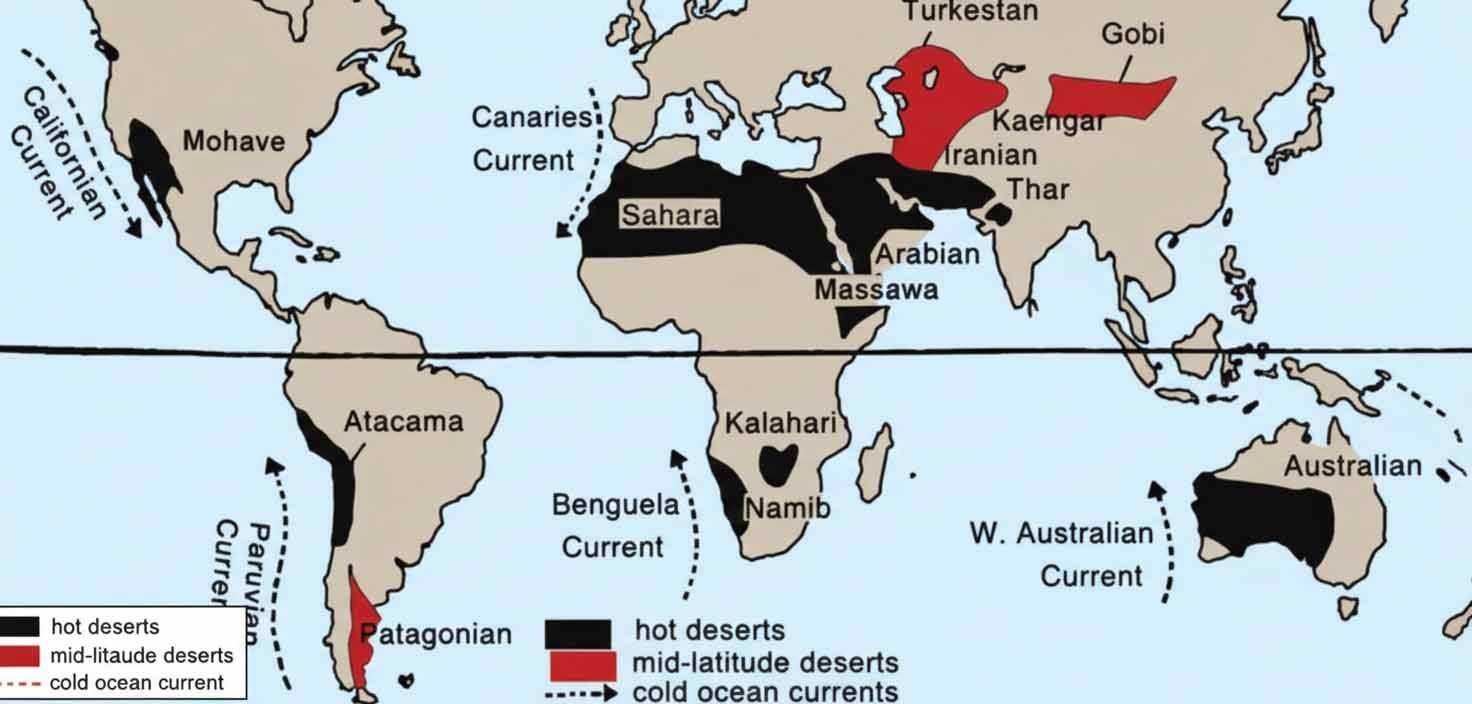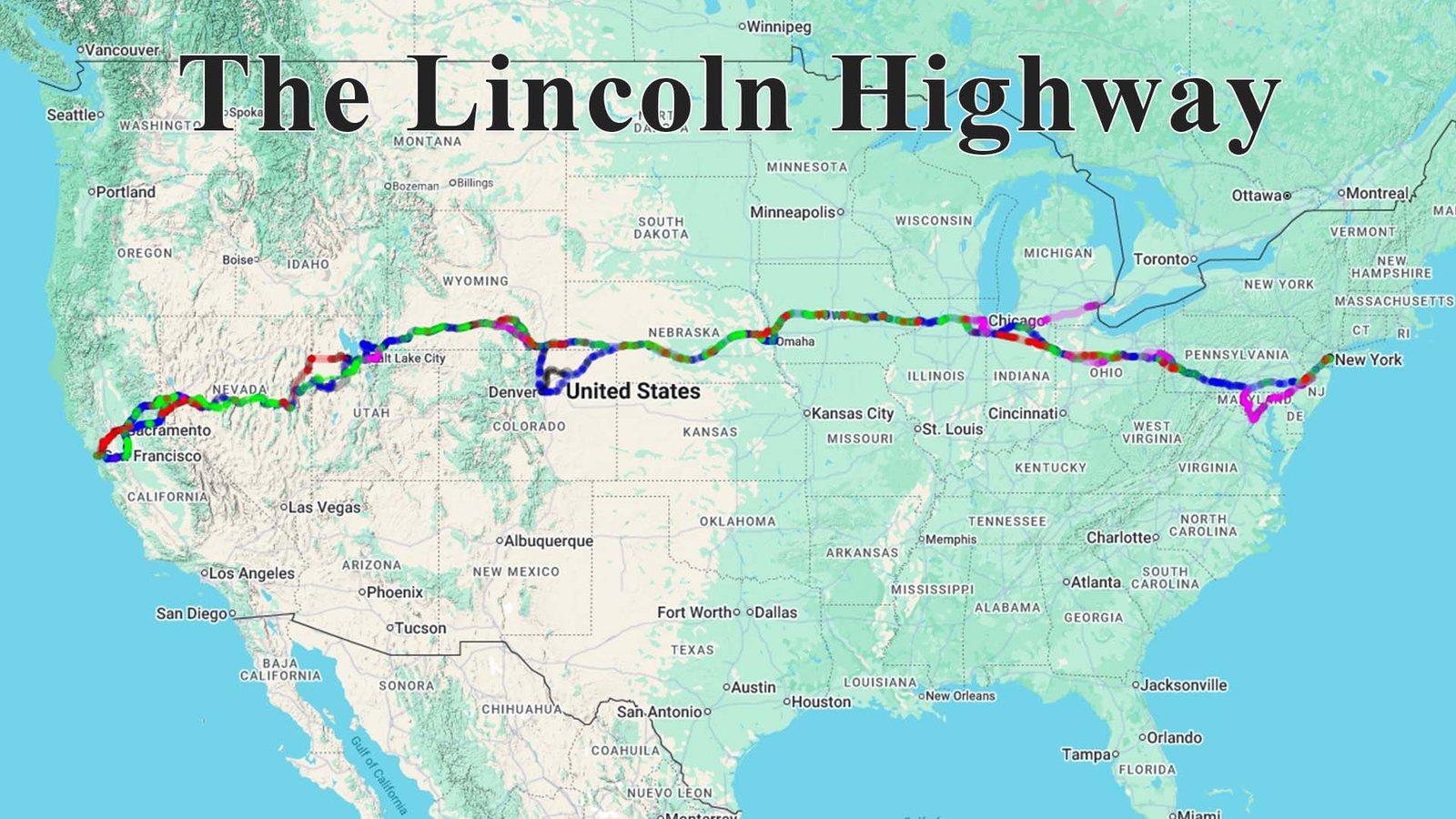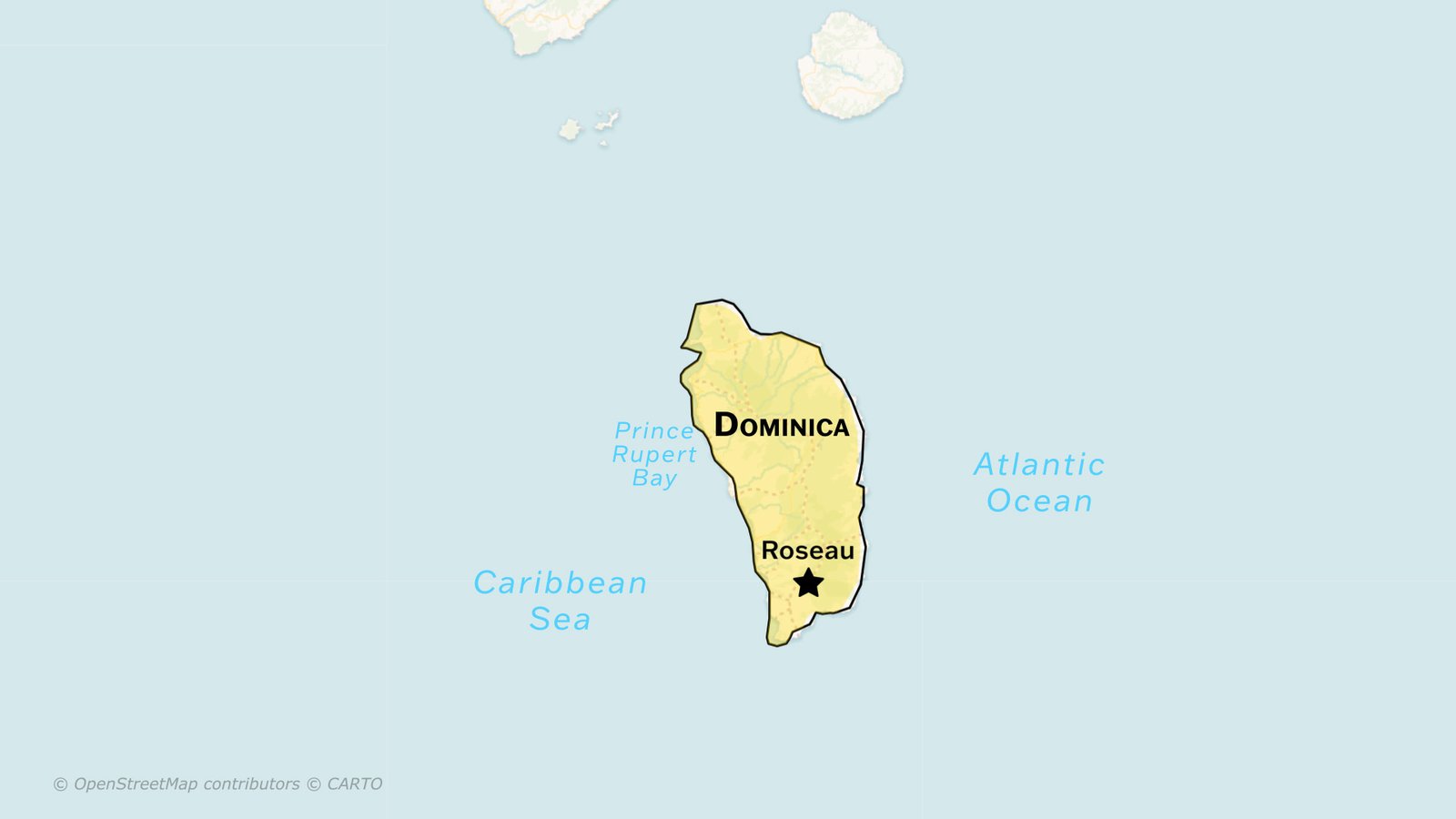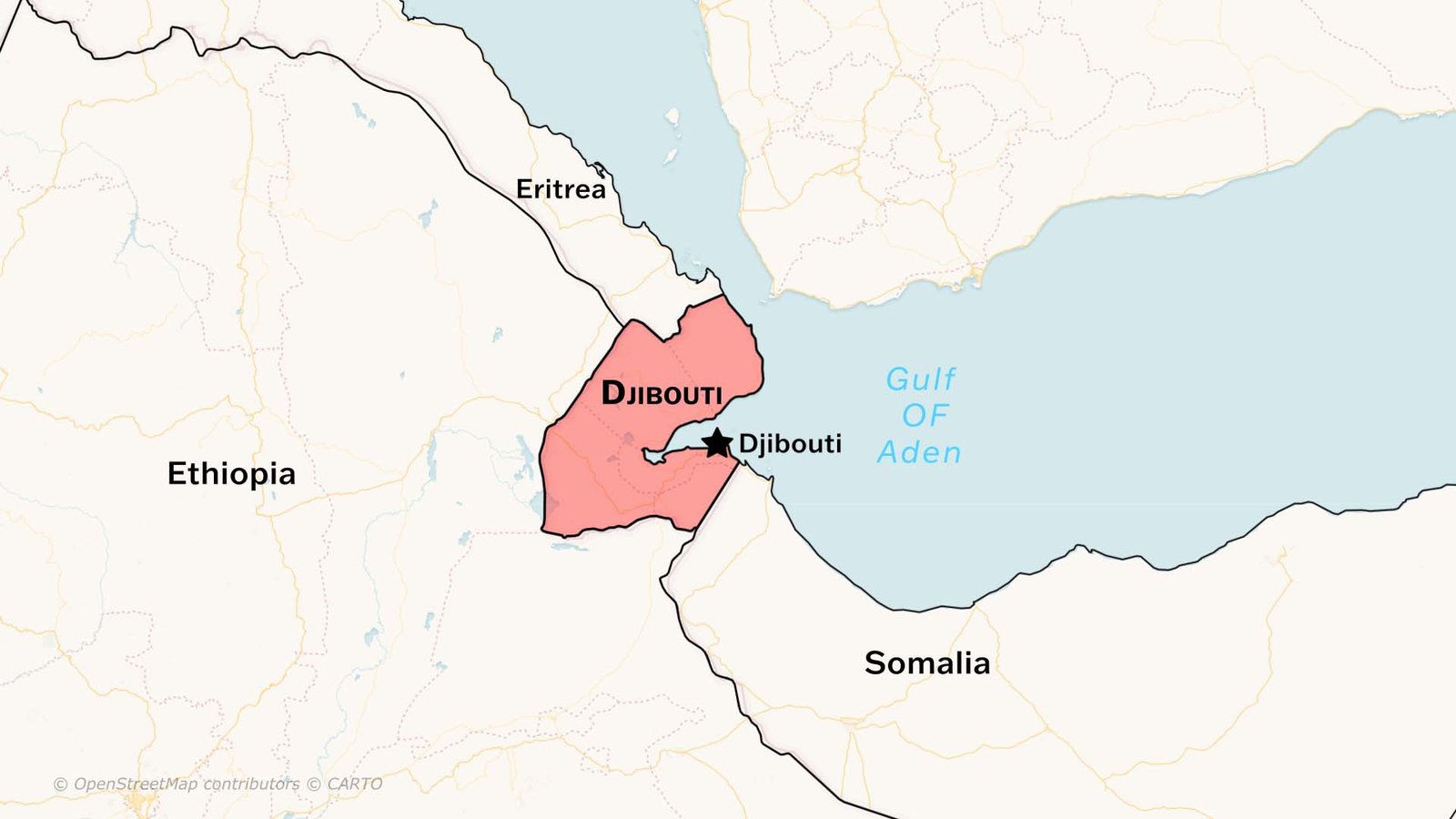When people talk about global politics, they often think of leaders meeting at summits or signing trade deals. But the truth is, behind the handshakes and photo sessions, there are serious conflicts shaping our world 🌍. These conflicts affect everything: the price of fuel, food security, migration, and even the safety of entire regions.
Let’s take a closer look at seven key geopolitical conflicts happening right now that are quietly — or sometimes loudly — changing the world.
Russia-Ukraine War
The war between Russia and Ukraine has been ongoing since 2014, but things escalated dramatically in 2022 with Russia’s full-scale invasion. This isn’t just about land. It’s about power, resources, and influence. Ukraine is seen as a bridge between Russia and Europe, and whoever controls it has huge leverage.
The conflict has caused massive human suffering, millions of refugees, and has reshaped NATO’s role. Energy markets were shaken too, as Europe had to find alternatives to Russian gas. Prices of oil and wheat skyrocketed, showing how one war can ripple across the globe.
Quick snapshot:
| Key Point | Impact |
|---|---|
| Refugee crisis | Millions displaced |
| NATO expansion | Finland & Sweden joining |
| Food prices | Wheat shortage globally |
| Energy | Europe shifts away from Russian gas |
Israel-Palestine Tensions
This is one of the longest-running conflicts in the world. At its core, it’s about territory, identity, and sovereignty. While peace talks have happened many times, violence keeps flaring up. The latest clashes in Gaza show how fragile the situation is.
For Israel, it’s about security. For Palestinians, it’s about statehood and rights. But every time tensions rise, the whole Middle East feels the shockwaves. Oil markets react, neighboring countries get pulled in, and global powers take sides.
It’s not just a local issue anymore — it’s a symbolic one, touching on religion, politics, and international law.
China-Taiwan Standoff
China claims Taiwan as its territory, while Taiwan sees itself as independent. The U.S. has unofficially supported Taiwan for decades, and this creates one of the tensest flashpoints in Asia.
Military drills, cyberattacks, and political statements are all part of the standoff. If a full-scale conflict ever broke out, it could drag in the U.S., Japan, and other allies. And let’s not forget — Taiwan is the world’s biggest producer of semiconductors (chips used in phones, cars, and computers). If supply is disrupted, the global tech industry could crash 📱💻.
India-China Border Dispute
Few people outside Asia talk about it, but the border between India and China has been a hotbed of tension for decades. Skirmishes in the Himalayas have already turned deadly in recent years.
Both countries are nuclear powers and have the world’s largest populations. Even a small clash could spiral into something much larger. The dispute isn’t just about mountains and valleys — it’s also about strategic dominance in Asia.
India has been strengthening ties with the U.S., Japan, and Australia through the “Quad” alliance, partly because of its mistrust of China. This shows how local disputes often grow into global balancing acts.
North Korea and the Korean Peninsula
North Korea continues to develop nuclear weapons despite international sanctions. Every missile test reminds the world that this small nation has the power to destabilize the entire region.
South Korea, Japan, and the U.S. are directly threatened, while China tries to balance between supporting its ally and avoiding chaos at its border. What makes the situation tricky is that nobody really knows how stable North Korea’s leadership is.
The possibility of sudden escalation keeps the region — and the world — on edge.
Iran and the Middle East Rivalries
Iran’s role in the Middle East is huge. Its rivalry with Saudi Arabia has shaped conflicts in places like Yemen, Syria, and Lebanon. Both countries want to be the dominant power in the region.
Iran has also been under heavy U.S. sanctions, which hurt its economy but haven’t stopped its influence. From nuclear talks to proxy wars, Iran is always in the headlines. The recent warming of ties between Saudi Arabia and Iran (brokered by China) shows how these rivalries can shift suddenly.
But peace in the Middle East is never guaranteed. Even small sparks can ignite bigger fires 🔥.
The African Sahel Crisis
The Sahel, a region stretching across Africa from Senegal to Sudan, is facing a mix of terrorism, coups, and climate challenges. Groups linked to Al-Qaeda and ISIS are active here, while unstable governments struggle to control them.
Add in severe droughts, poverty, and migration, and you have one of the world’s most overlooked crises. European countries watch closely because instability in the Sahel leads to migration flows toward Europe.
This conflict may not dominate headlines, but it is shaping the future of Africa and beyond.
Why these conflicts matter to all of us
At first glance, you might think these conflicts are far away and don’t affect your daily life. But they do. The price of gas in your car, the cost of bread at your store, the phone in your hand — all are tied to global stability.
Conflicts today aren’t isolated. They’re interconnected. A war in one region shakes markets in another. Refugees leaving one country can reshape politics in another. That’s the reality of our interconnected world 🌐.
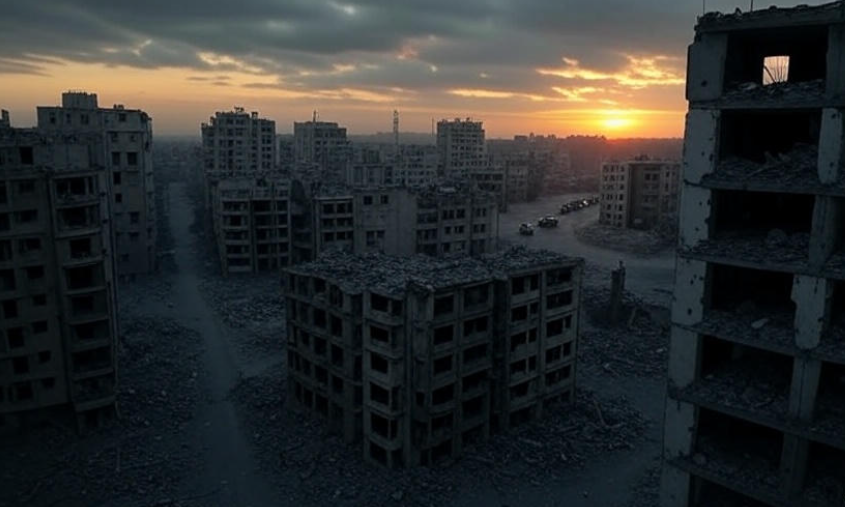
FAQs
Q1: Why should ordinary people care about geopolitical conflicts?
Because they affect everyday life. From higher fuel prices to limited food supply, conflicts directly impact global trade, travel, and even job markets.
Q2: Which conflict is the most dangerous right now?
While all are risky, the Russia-Ukraine war and the China-Taiwan standoff have the highest chance of pulling in major powers, which could lead to bigger wars.
Q3: How do these conflicts affect the global economy?
Conflicts disrupt trade routes, increase defense spending, raise energy costs, and create uncertainty that slows investment.
Q4: Can these conflicts be solved peacefully?
Yes, but it requires diplomacy, compromise, and patience. Some conflicts, like Israel-Palestine, are harder because they involve deep historical and emotional issues.
Q5: What role does the United Nations play in these conflicts?
The UN often mediates, sends peacekeepers, and tries to uphold international law. But its effectiveness depends on whether major powers agree on action.

